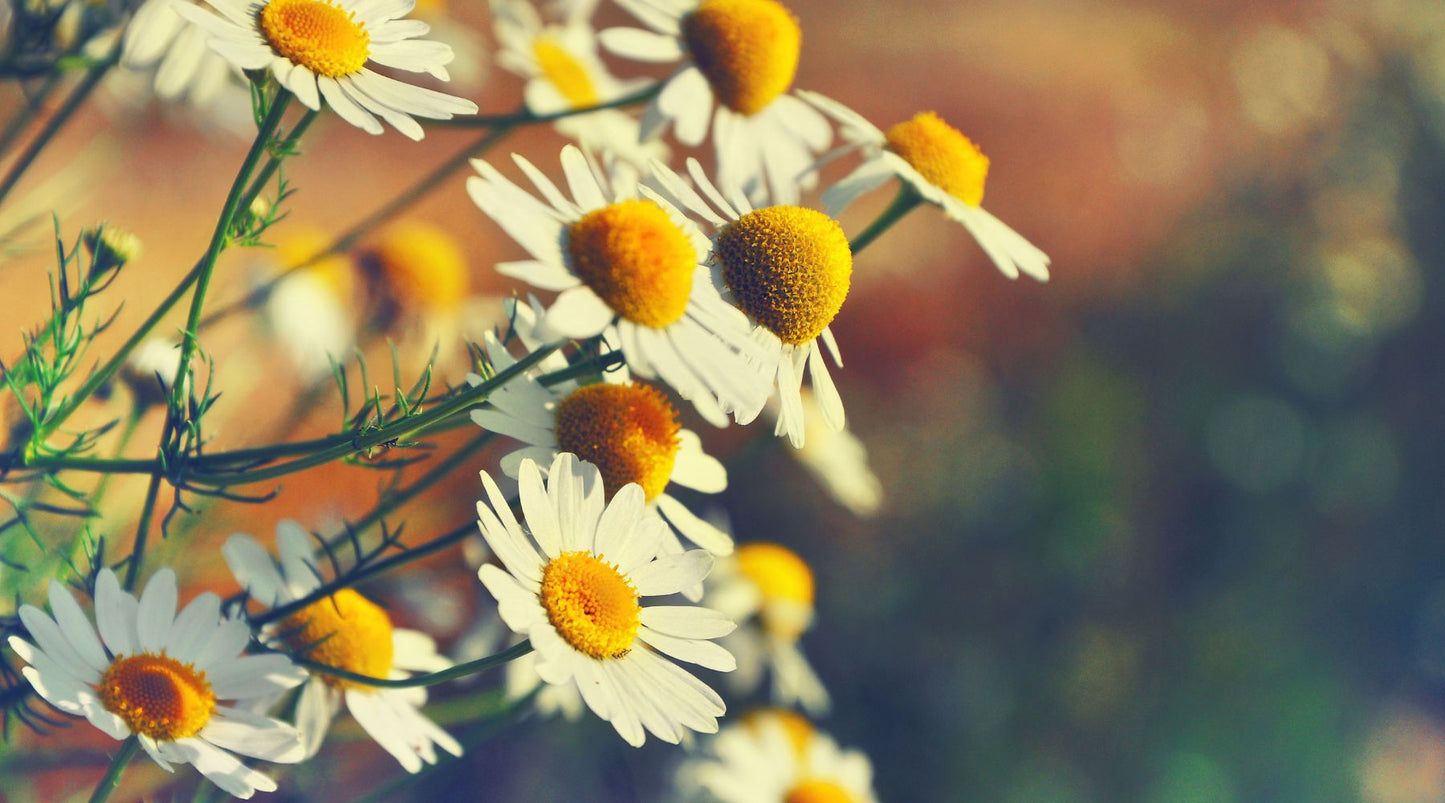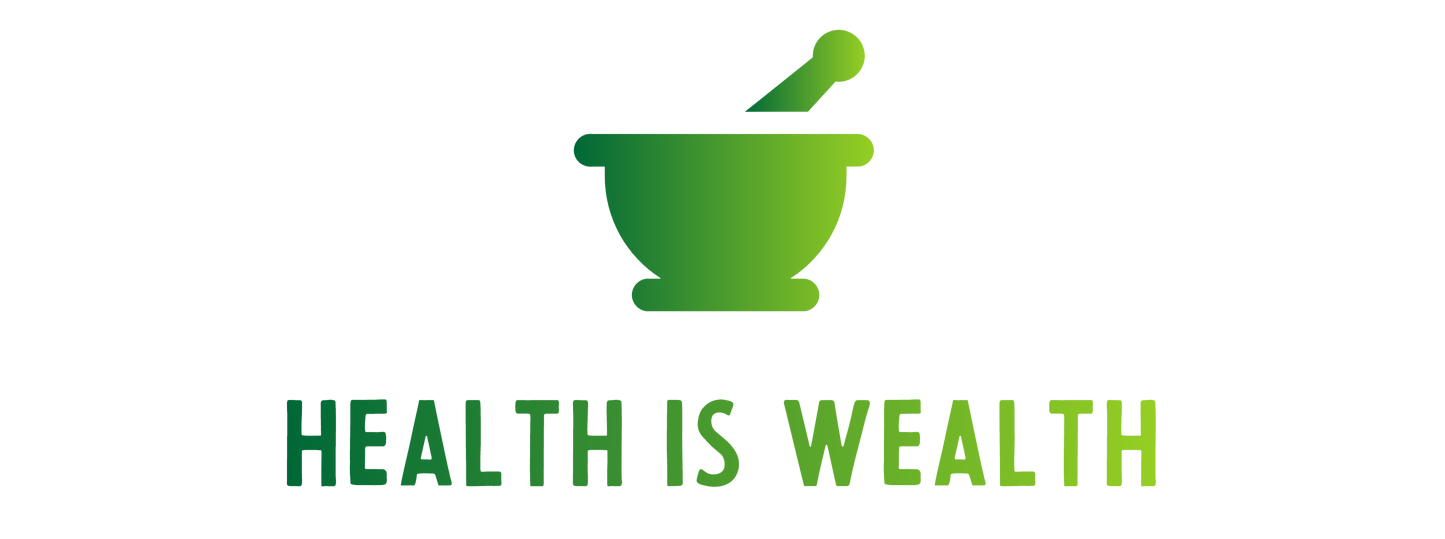
“I cannot always control what goes on outside. But I can always control what goes on inside.” — Wayne Dyer
Introduction
The act of using plants as medicine has existed for so long that it predates written history. Our ancestors harnessed the power of herbs due to their power to heal almost any ailment. Yet, we still use these same practices today.
Though in today’s society, herbal remedies seem to take comparatively longer to work than lab-made medicines. In actual fact, they move straight to the root of the problem rather than just masking the symptoms. For herbalists, prevention above cure is key. If our bodies are made stronger and healthier from the inside, we limit the need for chemical-filled, side-effect-inducing drugs.
Natural, organic remedies are also a fantastic tool for the majority of people suffering from stress and anxiety. The following 9 herbs can limit the symptoms of both conditions significantly.
Ashwagandha
Ashwagandha (or winter cherry, as it’s also known) has been used for over 3000 years, thanks to its ability to help fight the symptoms of anxiety and depression.
Due to the effects of this medicinal herb, it’s actually become one of the most popular herbs in Ayurveda. Not only is it classed as an adaptogen - a non-toxic plant that manages stress hormones - but it can also;
Boost Brain Function
Lower Cortisol Levels
Lower Blood Sugar
Reduce Inflammation
Lower Your Risk of Some Cancers
Reduces Stress & Anxiety
Improves Symptoms of Depression
In a 60-day study of people with chronic stress, those who took ashwagandha actually reported a 69% reduction in anxiety.
Chamomile
In popular culture, chamomile (most popularly drunk as a tea) is widely known as a calming agent - but it has many other amazing health benefits too!
Not only is it a caffeine-free alternative to black and green tea, but it’s also packed full of antioxidants that can lower your risk of contracting diseases such as heart disease and cancer.
It’s also been known to aid sleep, helping you to get in your full 8 hours!
In a 2016 study, it was discovered that long-term use of the herb actually helped reduce severe symptoms of those suffering from GAD [generalized anxiety disorder.]
More potential benefits of the herb are;
Boosts Immunity
Improves Skin Health
Aids in Lowering Blood Sugar Levels
Treats Diabetes
Reduces Menstrual Pain
Slows Osteoporosis
Treats Cold Symptoms
Kava Kava
Though it’s only recently gained momentum in relation to modern medicine, Kava has been used by inhabitants of the Pacific islands for hundreds of years. There is one slight difference, though - we use it to relieve stress, whereas they use it as a ceremonial drink.
In fact, there are many benefits that are reaped by both the islanders, including; and us
Anxiety Reduction
Neuron Protection
Reduction in Pain Sensations
Decreases Anxiety
Aids Sleep
Stress Stress
-
May Treat UTIs
Kava actually markets itself as a safe, side-effect-free (in most cases) alternative to anxiety medication.
In fact, in 1997, the first long-term study was conducted on the effects of the herb, finding the claims to be true. Not only did the participants notice the severity of their anxiety had decreased, they also reported no side effects or withdrawal issues either. However, it is recommended you speak to your doctor before taking Kava as it can affect some medications.
Valerian Root
Valerian Root - or nature’s valium, as it’s otherwise known - is a herb native to both Asia and Europe that’s been used in traditional medicine for over 2000 years.
It’s mostly known for its ability to prevent the breakdown of GABA [gamma-aminobutyric acid] in the brain, making recipients feel calm and peaceful. Actually, it works in the exact same way as popular anti-anxiety medications like Xanax.
With the correct dosage, studies found that mixing the herb with lemon balm reduced anxiety significantly in healthy adults put in stress-inducing situations.
It can also be used to;
Prevent Involuntary Muscle Contractions
Help You Sleep Better
Reduce Hot Flush Severity in Menopausal Women
Improves Many of the Symptoms of PMS
Improve the Symptoms of OCD
Lower the Effects of Generalised Anxiety Disorder
St John’s Wort
Although St John’s Wort has been used for hundreds of years to treat a variety of mental health problems, it’s only available now as an over-the-counter remedy.
Used as a treatment for depression, SAD [seasonal affective disorcer], and anxiety, research suggests that it works by increasing the brain’s serotonin and noradrenaline. Plus, it can also treat;
Treat Physical Wounds
Heal Burns
Reduces Menopausal Symptoms
Treats Viral Infections
Reduces PMS
Smoking Addiction
Though there are some reports of side effects of this particular herb, between the years 2000 and 2013, there were only 84 adverse reaction reports following its use of it.
Compared to the 447 Prozac reports in the same time period, that doesn’t seem like a lot.
Though you don’t actually need a prescription to purchase St John’s Wort, it’s still recommended that you talk to your doctor before taking it for the first time.
Lavender
When most people think of lavender, they think of the colour of their walls or even the nice scent.
But, did you know it’s actually full of amazing health benefits?
It’s common knowledge that the herb aids sleep, but it also;
Treats Skin Blemishes
Eases Pain
Reduces Blood Pressure and Heart Rate
Relieves Some Asthma Symptoms
Improves Sleep
Relives Acute and Chronic Pain
Plus, what it does for stress is extraordinary!
In 2018, a study found that PMS symptoms improved in women that inhaled lavender oil.
They also found they experienced lower rates of anxiety and depression - and even helped cure their nerves!
Rhodiola
Though it’s widely known now as a dietary supplement, Rhodiola has actually been used by Russians and Scandinavians as a remedy for anxiety, depression, and fatigue for centuries.
Researchers studying the effects of Rhodiola gave 101 participants 400mg of the herb a day for four weeks. In just three days, symptoms of stress, exhaustion, and anxiety in the participants improved drastically.
Other studies have shown similar results, also improving the symptoms of chronic stress and burnout. It has also shown to have the following benefits:
Help Improve Brain Function
Improve Exercise Performance
May Even Control Diabetes
Fight Fatigue
Prevent the Growth of Some Cancers
Limit Social Anxiety Symptoms
Passionflower
There are roughly 500 species of passionflower (that we know of), all of which are used differently by each part of the world due to its versatility.
For example, Native Americans use it to treat physical conditions - like boils, wounds, and earaches.
But, here in Europe, it’s used to treat restlessness and anxiety.
It may also be able to;
Relieve Stomach Ulcers
Reduce Muscle Spasms
Reduce Some Symptoms of ADHD
Improve Opioid Withdrawal Symptoms
Get Rid of Diarrhea
Reduce the Pain of Menstrual Cramps
Like Valerian Root, it works by boosting your brain’s GABA levels which, in turn, reduces insomnia and anxiety.
According to a study published in the Anesthesia and Analgesia journal, patients who took purple passionflower before surgery were less anxious than those who took a placebo.
Though it can be used before some surgeries, it’s not recommended to take passionflower if you’re pregnant, as it can induce contractions.
Lemon Balm
Native to Europe, North Africa, and West Asia (but grown all around the world), Lemon Balm is known to improve both mood and cognitive function.
In 2014, researchers found that lemon balm mixed into food and beverages - yoghurt, for example - reduced levels of anxiety in their participants.
Not only this but it can also;
Ease Insomnia
Treat Cold Sores
Reduce Nausea
Ease Head and Tooth Pain
Boost Cognitive Function
Relieve Indigestion
It’s recommended that Lemon Balm is taken alongside food and only on a short-term basis. About one week off after every three of usage is generally fine!
Though many of these herbs are safe and well-tolerated, it’s still suggested that you talk to your local GP before ingesting any of them if you’re already on medication or are pregnant/breastfeeding. However, for the majority of people, these are safe alternatives to medications that can be used in a number of ways, from making tea to infusing oils.
